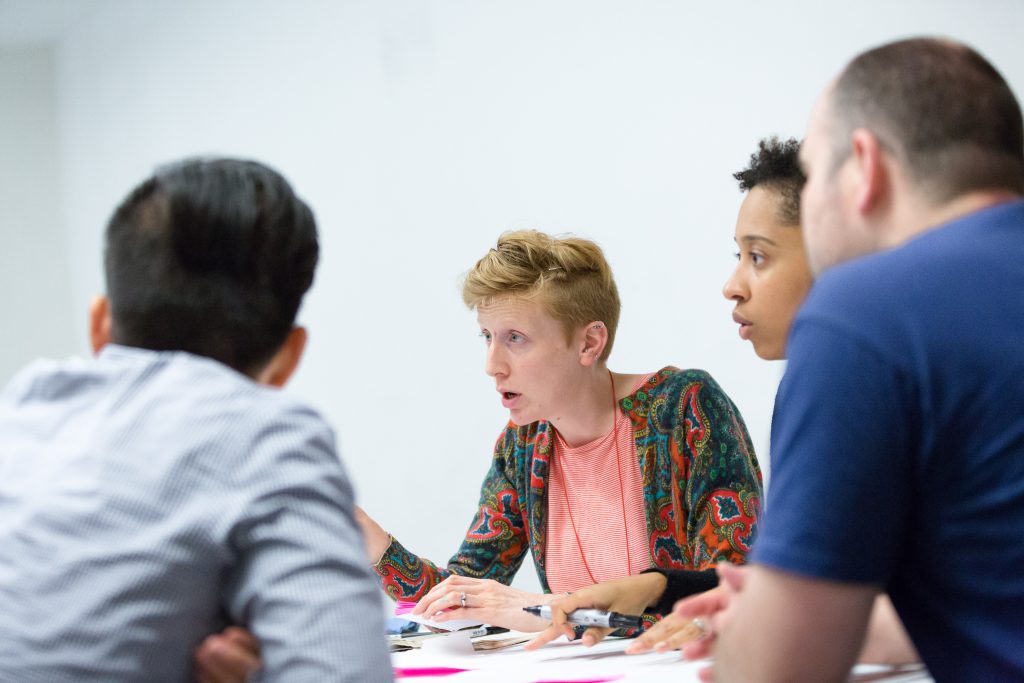In bringing together repair groups from all over the world, Fixfest was an invaluable opportunity for us all to take a look at how we run community repair events, and share ideas for how we can keep improving.
The best thing about Fixfest was that the insights that emerged were hugely varied, and pointed to all sorts of new areas of collaboration which we will follow up on. (This is the first of three posts.)
Ensuring community events are about learning
One source of frustration for community event hosts is the common misconception that these are free repair events, where you can simply drop of your broken device and return to find it miraculously fixed, without having to so much as pick up a screwdriver. Peter Mui from California-based repair organisation Fixit Clinic is adamant that these events need to emphasise learning above all else.
The full notes from Peter’s session are available here. We discussed strategies that hosts can use to pique their guests’ will to learn – such as using libraries, schools, and other spaces that people associate with learning, encouraging people waiting in line to watch the repairs happening around them, and ensuring people know where they can find additional support online.
More inclusive events are better events
A cohesive society is one in which everyone feels valued. Repair events are a fantastic opportunity for members of the community who might otherwise feel isolated to meet people, and learn new skills. But inclusiveness doesn’t just happen on its own: it takes work.
Sharon Prendeville (Loughborough University) and Marie Lefebvre (Restarters Leicester) looked at ways in which repair organisations can reach broaden participation by taking different groups into account when designing events. We discussed the specific needs and interests of different age groups, people with different attitudes to repair, and different abilities. Notes here.
Panda Méry, Dave Lukes and Lauren Collee (Restart Project) led an unconference session specifically on neurodiversity and repair, discussing some of the challenges that neurodivergeant people face and how events might be held with these in mind. We followed this up with a radio show on World Mental Health Day. Notes from the session are available here.
Overcoming legal challenges and dealing with risk
Many of the challenges that repairers face are legal rather than technical in nature. An unconference session was held on the legal frameworks for repair (notes available here). Legal reform efforts in other countries – such as the U.S. – can be a source of hope for those who feel that existing laws are preventing repair community events from growing.
Repairing into the future
How might future repair events look different? Fixfest was a great chance for repairers to swap tools, techniques and ideas. In a lightning talk, Sergio and Savino from Restarters Milano showed us an endoscopic camera that can be used for non-intrusive diagnosis of electronic items. Commercial screen repairers BFix gave a screen repair demo, and on Sunday we discussed ways in which community groups can link up with the commercial repair sector.
No repair festival is complete without a microsoldering demonstration. Close look at the iPhone power IC #fixfest pic.twitter.com/tLdu0B3dCj
— Kyle Wiens (@kwiens) October 7, 2017

